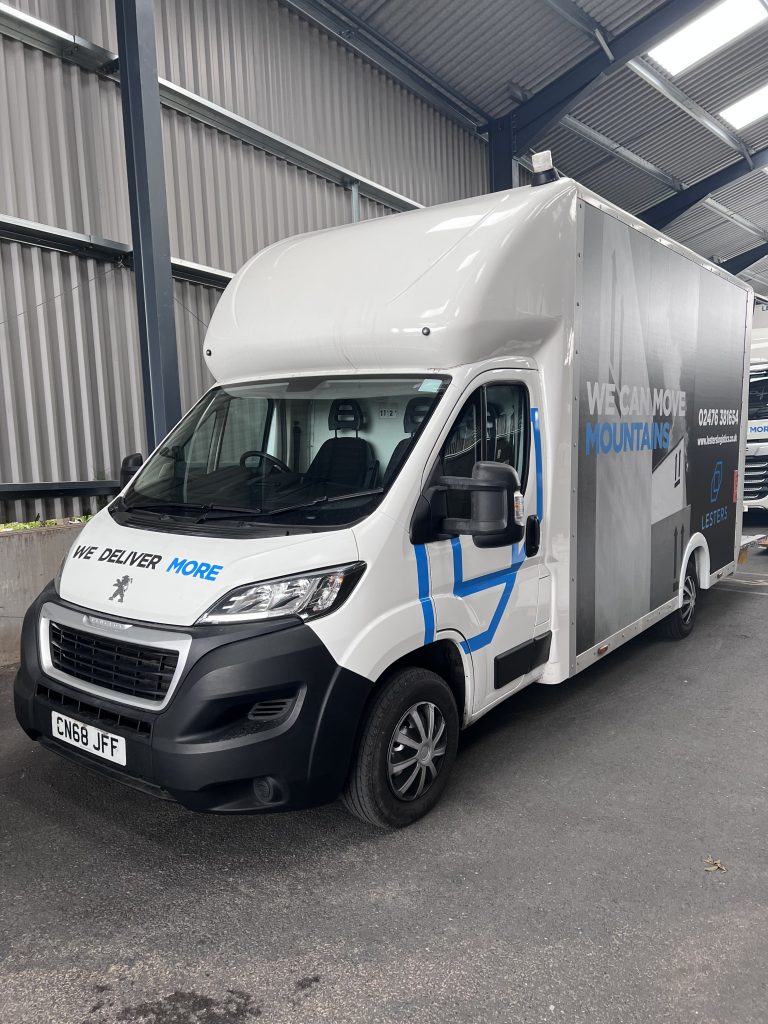Since the UK left the EU in January 2020, the Government has rolled out a number of changes for businesses trading in Europe. In our previous blog, we covered how the sector has been affected by Brexit. In this guide, we’ll explain the Import one-stop-shop and what that means for your business post Brexit.
What is IOSS? (Import One-Stop-Shop)
The Import-One-Stop-Shop is a change to the way that VAT is calculated and paid on items imported to the EU. The main change for traders since the introduction of the Import-One-Stop-Shop is that all items under the value of €150 will be charged VAT, whereas previously there had been a VAT exemption for goods valued at €22 or below. As a result of this the EU has developed the IOSS to facilitate and simplify the declaration of VAT payments. The IOSS is not mandatory, so it’s up to the trader to decide whether they will find it beneficial to opt into the system.
Who does the IOSS affect?
The IOSS impacts both online sellers and electronic interfaces who will now have to pay VAT on goods valued under €150 when selling to an EU country. IOSS only affects B2C sellers and is not needed for sellers that supply B2B. The IOSS will affect the end buyer who will pay VAT only at the time of purchase. If a buyer purchases from a seller that is not registered with IOSS they are more likely to receive VAT and customs fees from the transporter which can result in unhappy customers and a higher volume of returns.
The goods which are impacted for both online sellers and electronic interfaces include;
- Goods dispatched or transported from outside the EU
- Goods transported in consignments under the value of €150, online sellers will still need to pay VAT regardless of if the order contains multiple items shipped together which amount to more than €150. However, electronic interfaces will be exempt.
- Products that are not subject to excise duties such as alcohol or tobacco.
What is an electronic interface?
An electronic interface is a broad concept which includes websites, marketplaces, online selling platforms and APIs. This means that marketplaces such as Amazon or eBay will be responsible for charging and collecting VAT as they are seen as the supplier for low-value consignments.
What is an online seller?
An online seller is an ecommerce seller who imports and sells goods from outside the EU.
How does IOSS work?
The IOSS differs between online sellers and electronic interfaces in terms of how the works and the exemptions that apply.
For Online Sellers
Online sellers who are registered to the IOSS will need to apply VAT on the goods that they sell to buyers in the EU. The VAT rate is applicable is the VAT for the country in the EU where the goods are to be delivered. Businesses outside the EU will need an EU-established intermediary to ensure that their VAT obligations are fulfilled.
To use the IOSS online sellers will need to provide the following information;
-
- IOSS VAT identification number
-
- Show the amount of VAT paid by the EU buyer on ordering.
-
- Collect VAT from the buyer on all eligible goods.
-
- Show the price paid by the buyer in Euros.
-
- Submit a monthly VAT return through the IOSS portal.
-
- Make a monthly VAT payment of the VAT declared in the IOSS portal.
-
- Keep records of all IOSS sales facilitated for 10 years.
There are a few exemptions for online sellers for example if you sell several products to one buyer, shipped together that is over the value of €150, will need to be taxed at importation in the EU Member State.
For Electronic Interfaces
If you sell via an electronic interface such as Amazon or eBay, these sellers will have their own IOSS number as they are classed as the seller.
It is the Electronic Interfaces’ responsibility to adhere to the IOSS regulations. This includes collaborating with the seller of the goods to ensure that the relevant IOSS information is relayed to EU customs. It is also their responsibility to ensure that consignments are not shipped together when their value exceeds €150.
The only exemption for Electronic Interfaces is when the seller sells goods to the same buyer and the goods are packaged together amounting to more than €150. The goods will then be taxed at importation.
It’s important to make sure that you are adhering to correct IOSS regulations when selling to the EU so that your customers don’t get any nasty surprises and fees when their goods arrive. If you’re still unsure about how IOSS affects your business, then it’s wise to contact your tax advisors.
Here at Lester’s Logistics we’re experts in retail and transport and haulage, we also offer complete storage and warehousing solutions, whether you’re operating in the UK or shipping to Europe we contact the helpful team to learn more about how we can help you.

